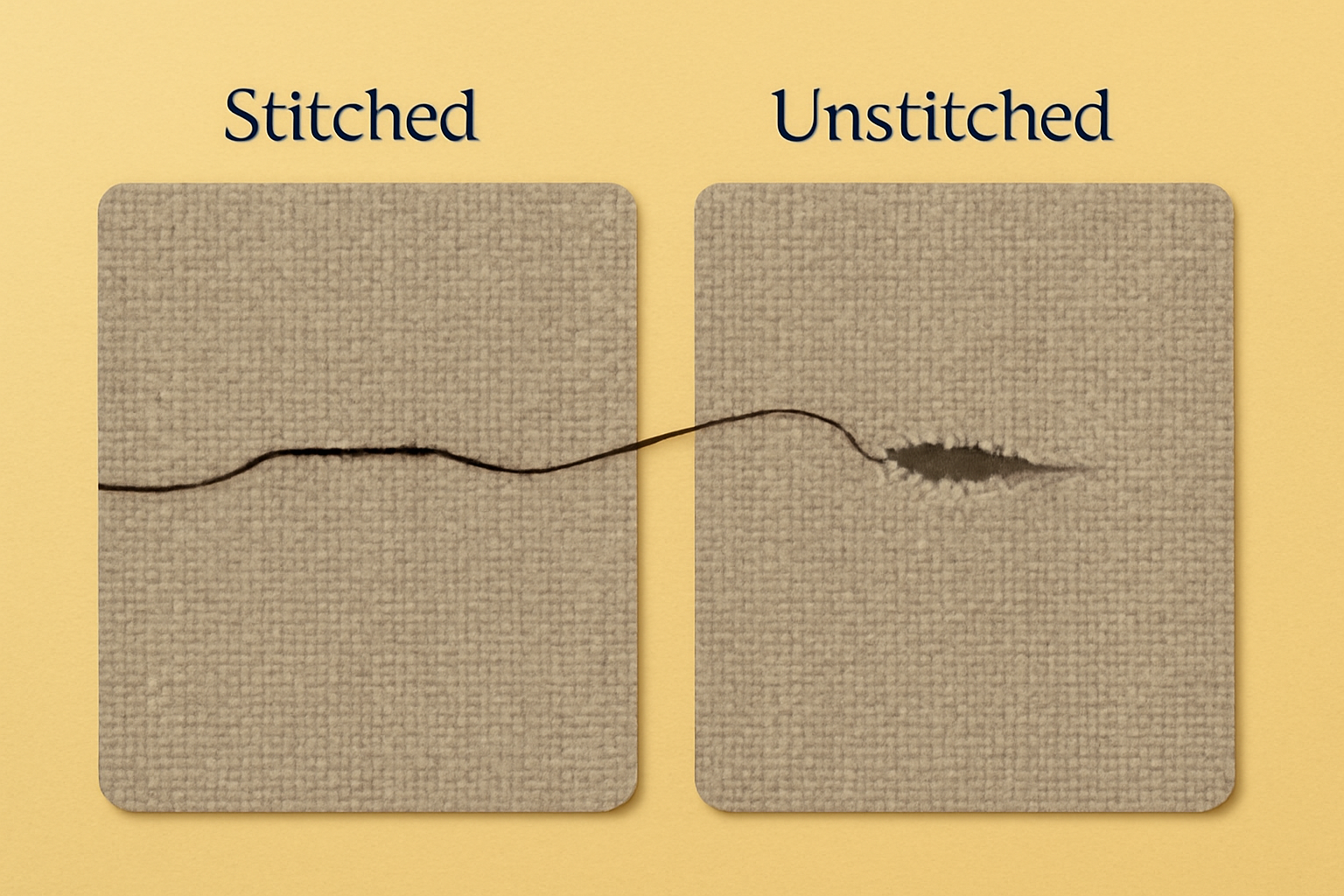Racing Against Rot: The Race to Develop Ultra-Fast Degrading Packaging

Traditional biodegradable packaging materials like PLA and bagasse require months to break down, often only under industrial composting conditions. This limitation means millions of tons of packaging still accumulate, causing ecological and health concerns. Ultra-fast degrading packaging, engineered to decompose within days or hours, promises to address these issues, especially in industries like food and medicine where rapid disposal can reduce waste and health risks. Growing environmental regulations and consumer demand are driving innovation in this field.
Science at the Edge: Balancing Durability and Decomposition
The main challenge is creating packaging that is durable during use but decomposes quickly after disposal. Researchers are exploring several approaches: bioengineered polymers produced by modified bacteria and fungi, enzyme-embedded films that activate breakdown under certain conditions, and smart packaging that senses environmental changes to trigger decomposition. These innovations aim to ensure packaging protects products during use but vanishes rapidly after disposal.
Case Studies: Innovation in Action
Several real-world examples highlight progress in ultra-fast degrading packaging. BiotempPack in the Netherlands has piloted produce wraps made from cellulose and enzymes that degrade in five days in backyard composters. Japanese researchers have created water-soluble medical blister packs from modified starches, reducing hospital waste. Major food brands are testing active packaging films that degrade quickly and contain antimicrobial agents, combining shelf-life extension with sustainability.
The Roadblocks: Cost, Infrastructure, and Consumer Education
Despite scientific advances, key challenges remain. Production costs for advanced biodegradable materials are higher than conventional plastics, requiring scale and incentives to reduce prices. Effective degradation often depends on proper composting infrastructure, which is lacking in many regions. Consumer education is also crucial; without clear instructions and awareness, even the best packaging may not deliver environmental benefits.
The pursuit of ultra-fast degrading packaging is a critical societal challenge, demanding collaboration across science, industry, policy, and public engagement. While new materials offer hope for packaging that protects and then disappears, overcoming economic, infrastructural, and educational obstacles is essential. With continued innovation and awareness, ultra-fast degrading packaging could become central to a sustainable, circular economy, ensuring a cleaner planet for future generations.
Biopolymer Research Scientist
Specialty packaging companies (e.g., Amcor, Danimer Scientific), R&D labs in academia, and biotech startups focused on sustainable materials
Core Responsibilities
Design and synthesize novel biodegradable polymers, focusing on rapid degradation profiles suitable for packaging applications.
Conduct laboratory experiments to evaluate mechanical strength, shelf stability, and decomposition rates under various environmental conditions.
Collaborate with microbiologists to engineer natural triggers (e.g., enzymes, microbes) for controlled polymer breakdown.
Required Skills/Qualifications
PhD or MSc in Materials Science, Polymer Chemistry, or a related field.
Experience with polymer synthesis, spectroscopic analysis, and biodegradation testing.
Familiarity with regulatory standards for food-contact and medical packaging.
Sustainable Packaging Product Manager
Major CPG brands (Unilever, Nestlé), packaging innovators (Tetra Pak, Ecovative), and sustainability-focused consultancies
Core Responsibilities
Lead cross-functional teams to bring ultra-fast degrading packaging from concept to market, ensuring alignment with environmental regulations and customer needs.
Analyze market trends, customer feedback, and regulatory developments to inform product strategy and lifecycle management.
Coordinate pilot programs with large-scale manufacturers and retail partners.
Required Skills/Qualifications
Proven background in product management within packaging, FMCG, or environmental tech sectors.
Strong understanding of sustainable materials, life cycle assessment (LCA), and supply chain logistics.
Excellent stakeholder management and communication skills.
Compostable Materials Quality Assurance Engineer
Packaging manufacturers, environmental testing labs (e.g., Intertek, TÜV Rheinland), and third-party certification agencies
Core Responsibilities
Develop and implement rigorous testing protocols to ensure compostable packaging degrades as specified under real-world conditions.
Monitor production batches for compliance with international compostability standards (e.g., EN 13432, ASTM D6400).
Generate detailed reports for internal teams and external certification bodies.
Required Skills/Qualifications
Bachelor’s or Master’s in Chemical Engineering, Environmental Science, or related discipline.
Experience using analytical techniques (e.g., FTIR, TGA, biodegradation assays).
Knowledge of quality management systems and certification processes.
Smart Packaging Materials Engineer
Innovative packaging startups, electronics-materials R&D labs, companies like AptarGroup or Avery Dennison
Core Responsibilities
Design and prototype packaging materials that incorporate sensors, triggers, or embedded enzymes for controlled degradation.
Integrate smart functionalities (e.g., environmental sensing, antimicrobial properties) without compromising safety or performance.
Work with electronics and polymer specialists to optimize material interfaces and activation mechanisms.
Required Skills/Qualifications
Degree in Materials Engineering, Nanotechnology, or Applied Physics.
Hands-on experience with thin-film fabrication, sensor integration, and rapid prototyping.
Familiarity with IoT concepts and sustainable design principles.
Circular Economy Policy Analyst (Packaging Focus)
Environmental NGOs (Ellen MacArthur Foundation), government agencies, think tanks, and industry associations
Core Responsibilities
Research, develop, and advocate for policies that support the adoption of ultra-fast degrading and compostable packaging at local, national, or global levels.
Conduct impact assessments on waste reduction, recycling infrastructure, and consumer education initiatives.
Liaise with governmental bodies, NGOs, and industry stakeholders to facilitate regulatory change.
Required Skills/Qualifications
Background in Environmental Policy, Sustainability, or Public Administration.
Deep understanding of packaging waste legislation, circular economy principles, and stakeholder engagement.
Strong analytical and communication skills, with experience presenting complex findings to diverse audiences.


